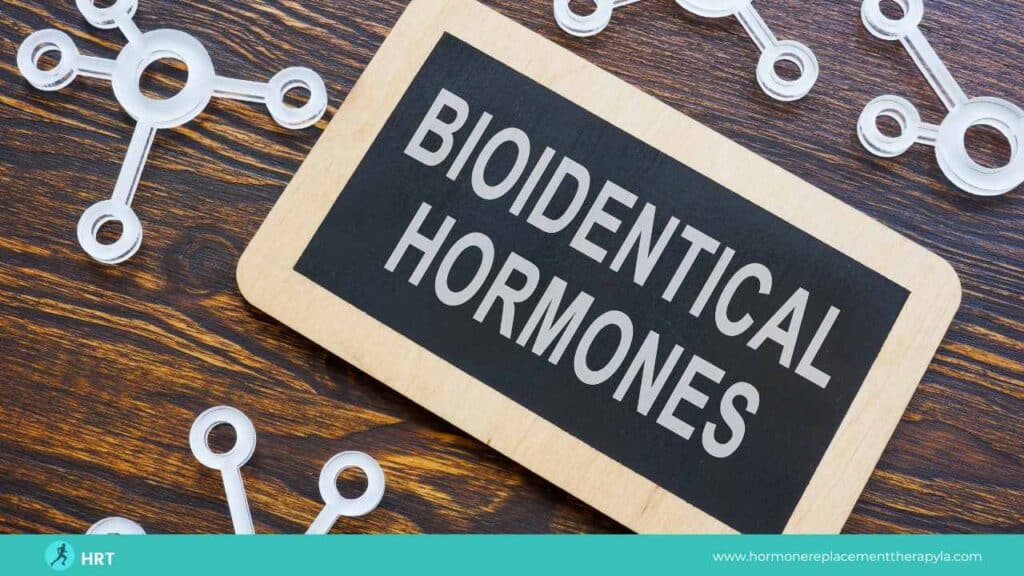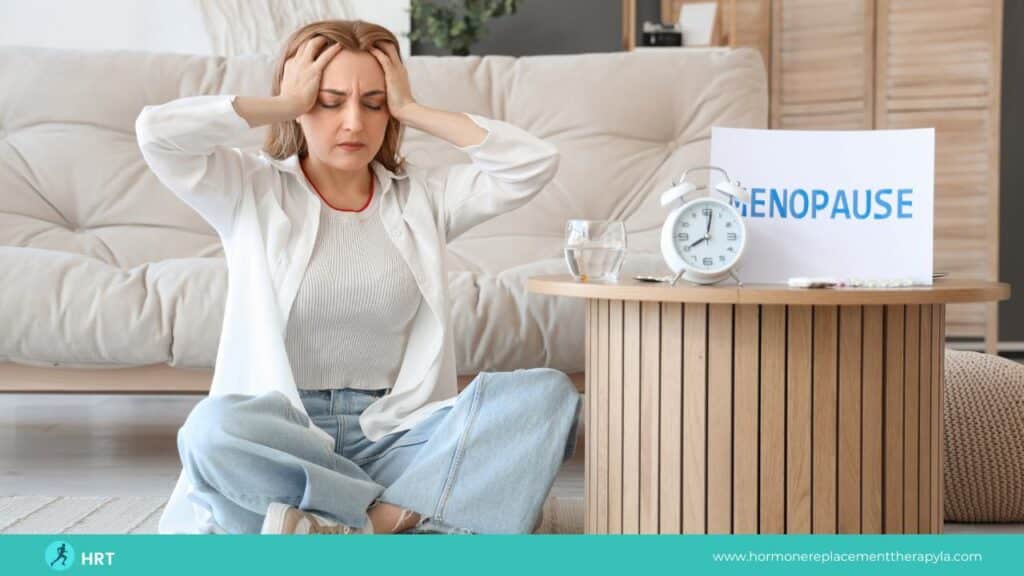Bioidentical Hormone Pellets: Before and After – Transformations at Hormone Replacement Clinic LA
Hormones are pivotal in our overall well-being, influencing everything from our energy levels and mood to our sleep quality and libido. As we age, hormone […]






